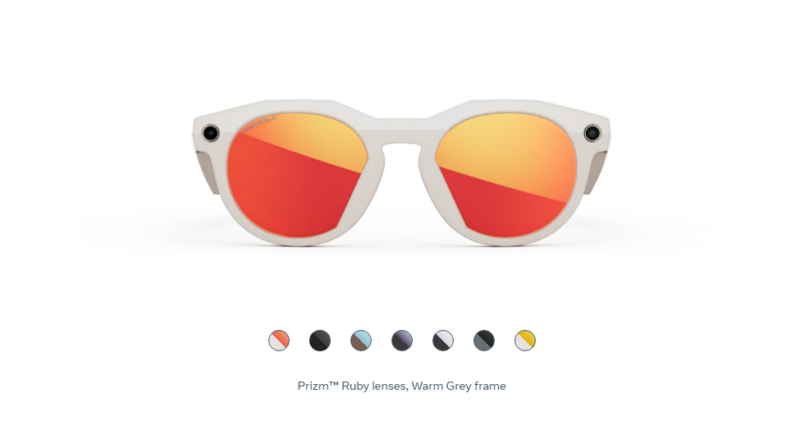Meta has unveiled new smartglasses featuring an integrated display and neural wrist control technology, marking the company’s most advanced entry yet in the race to develop smartphone alternatives.
The Meta Ray-Ban Display glasses, priced at $799 and available from 30th September, include a Neural Band wristband that translates muscle movements into device commands using electromyography technology, reports the Wall Street Journal.
Chief executive Mark Zuckerberg demonstrated the glasses during Meta’s Connect conference on Wednesday, though a live video call attempt initially failed during the presentation. “This isn’t a prototype. This is here, it’s ready to go and you’re going to be able to buy it in a couple of weeks,” Zuckerberg stated during the keynote address.
The device represents Meta’s latest hardware push after previous smartglasses achieved mixed commercial results. The company’s first-generation Ray-Ban collaboration sold approximately 300,000 units over 18 months, with fewer than 10% remaining actively used after two years.
However, second-generation glasses proved more successful, with EssilorLuxottica reporting over two million units sold since autumn 2023. The eyewear manufacturer plans to expand production capacity to 10 million pairs annually by late 2026.
The new glasses feature a full-colour display positioned to avoid obstructing users’ vision, offering capabilities including message previews, photo sharing, real-time translation, and pedestrian navigation. The Neural Band detects muscle signals before movements become visually apparent, enabling silent scrolling and clicking through subtle finger motions.
“It is no surprise that AI glasses are taking off,” Zuckerberg commented. “This feeling of presence is a profound thing, and we’ve lost it a little bit with phones and we have the opportunity to get it back.”
Meta faces intensifying competition in AI-enabled wearables. OpenAI collaborates with former Apple designer Jony Ive on an AI companion device, while Google partners with Warby Parker and Kering on AI-powered glasses, which are expected to be released after 2025. Snap plans holographic augmented reality glasses for next year.
The Meta Ray-Ban Display launches initially across US retailers, including Best Buy and LensCrafters, with expansion to Canada, France, Italy, and the UK planned for early 2026. Battery life extends to six hours of mixed usage, with the charging case providing 30 hours total capacity.
Meta also announced updated versions of existing Ray-Ban smartglasses and introduced an Oakley athletic line during the conference, alongside new games for Quest virtual reality headsets.











